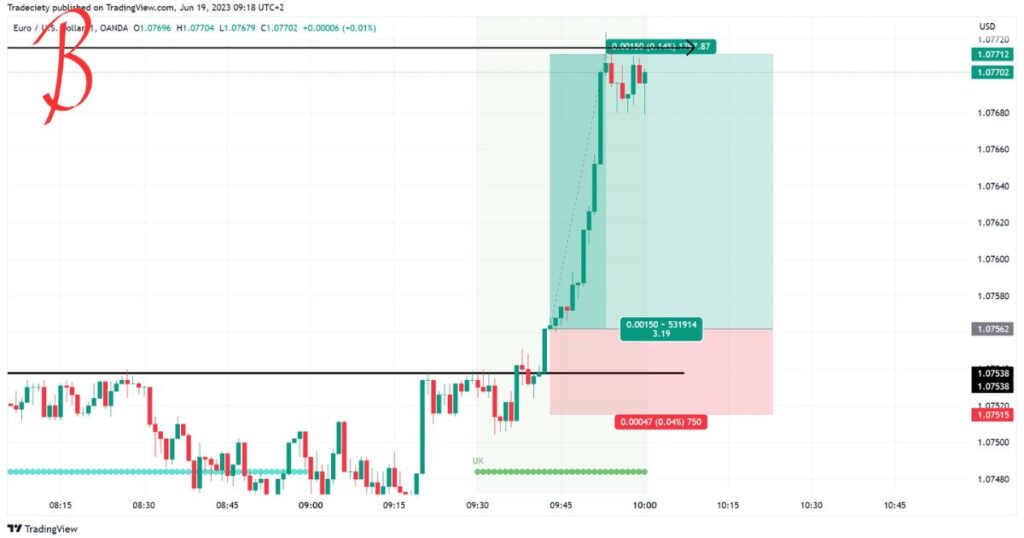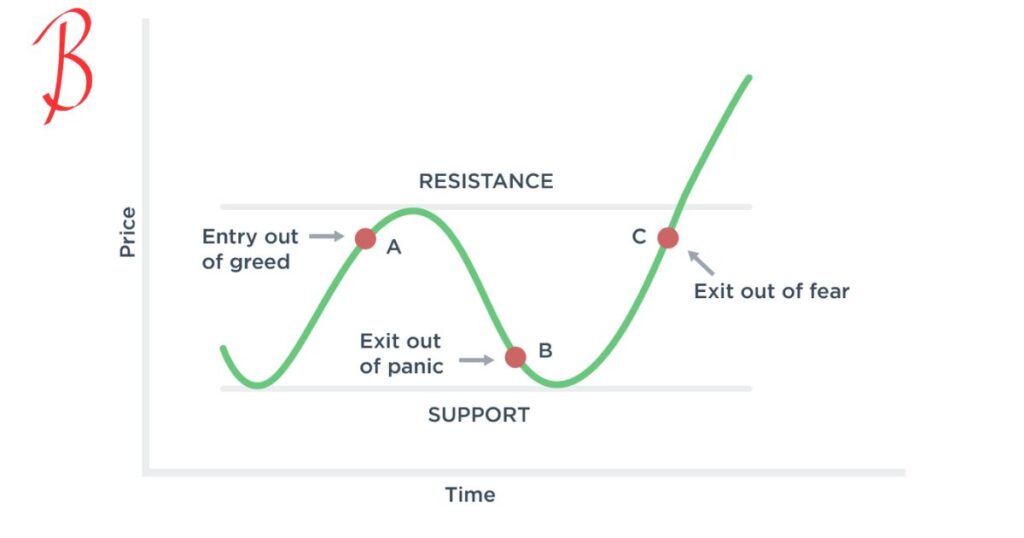https://onlypc.net is a trusted platform for trading strategies and market analysis. The site caters to both novice and experienced traders. It offers comprehensive content on various aspects of trading. Users can find valuable resources to enhance their trading skills.
The platform provides in-depth analysis and insights into market trends. It helps traders make informed decisions in their trading endeavors. The site’s credibility stems from its thorough and insightful market analysis. Visitors can access a wide range of educational materials on trading.
What Is Trading?
Trading involves buying and selling assets in financial markets. The main goal is to profit from price changes. Common assets traded include stocks, commodities, and currencies. Each type of trading has its unique characteristics. Stock trading focuses on company shares.
Commodity trading deals with raw materials like oil and gold. Forex trading involves exchanging national currencies. Traders need different skills and strategies for each market. Understanding market dynamics is crucial for successful trading.
Trading requires constant learning and adaptation to market conditions. Risk management is a key aspect of all types of trading. Traders must stay informed about economic factors affecting their chosen markets. Technical analysis and fundamental analysis are common approaches in trading.
Starting In Trading
Beginning traders should focus on education first. Learning the basics of financial markets is crucial. Choosing a reliable trading platform is an important early step. New traders should look for platforms with good tools and resources. Starting with a demo account is recommended.
This allows for practice without financial risk. Understanding different asset classes is essential for beginners. New traders should start small and gradually increase their investments. Learning to read financial charts is a valuable skill for beginners. Risk management techniques should be learned early on.
Beginners should set realistic goals for their trading journey. Emotional control is a crucial skill to develop from the start. New traders should seek mentorship or join trading communities. Continuous learning is key to success in trading.
Trading Strategies

Different trading strategies cater to various styles and goals. Swing trading involves holding positions for a few days. Day trading requires buying and selling within the same day. Breakout trading focuses on entering markets as prices move beyond a range.
Position trading involves holding assets for longer periods. Scalping aims for many small profits throughout the day. Each strategy requires different time commitments and risk tolerance. Traders should choose strategies that fit their lifestyle.
Backtesting strategies with historical data is important. Developing a trading plan is crucial for any strategy. Traders should regularly review and adjust their strategies. Understanding market trends is key to strategy selection.
Read This Blog:Buck Sexton Net Worth: A Detailed Look At His Financial Success
Investing In Stocks
Stock investing starts with understanding the stock market. Beginners should research stable and potentially lucrative stocks. Effective market research is key to successful stock investment. Learning to read financial statements is crucial for stock investors.
Understanding company fundamentals helps in making informed decisions. Diversification is important in stock investing. Investors should consider their risk tolerance when choosing stocks. Long-term investing often yields more stable returns.
Growth stocks offer potential for higher returns but with more risk. Value investing focuses on undervalued stocks. Sector analysis helps in identifying promising industries. Following market news is essential for stock investors. Patience is a key virtue in stock investing.
Risk Management In Trading
Effective risk management is crucial for sustainable trading. Traders should determine their risk tolerance for each trade. Setting stop-loss orders helps prevent severe losses. A clear exit strategy is essential for every trade. Position sizing is a key aspect of risk management.
Traders should avoid risking too much on a single trade. Diversification helps spread risk across different assets. Understanding leverage and its risks is important. Keeping a trading journal aids in risk assessment. Regular performance review helps in adjusting risk strategies.
Emotional discipline is crucial in maintaining risk management plans. Market volatility should be considered in risk calculations. Using protective stops can safeguard profits. Risk-reward ratios should guide trading decisions. Continuous education on risk management techniques is vital.
Emotional Control In Trading

Managing emotions is vital for successful trading. Fear and greed are common emotions that can lead to poor decisions. Developing a trading plan helps in maintaining emotional control. Sticking to predefined strategies reduces emotional trading. Setting realistic goals helps manage expectations.
Regular breaks from trading can help maintain emotional balance. Mindfulness techniques can be useful for traders. Avoiding overtrading is crucial for emotional stability. Learning from losses without emotional attachment is important. Celebrating wins moderately helps maintain perspective.
Peer support can be valuable in managing trading emotions. Understanding personal biases is key to emotional control. Keeping a trading journal can help identify emotional patterns. Practicing patience is essential in emotional management.
Advanced Trading Topics
Technical analysis involves studying price movements and patterns. Fundamental analysis focuses on evaluating a company’s financial health. Algorithmic trading uses computer programs for automated trades. High-frequency trading involves rapid trading using powerful computers.
Options trading offers strategies for various market conditions. Futures trading deals with contracts for future asset delivery. Understanding economic indicators is crucial for advanced traders. Market sentiment analysis helps gauge overall market mood.
Intermarket analysis studies relationships between different markets. Volume analysis provides insights into price movements. Behavioral finance explores psychological influences on markets. Risk parity strategies balance risk across different asset classes.
Read This Blog: Mallory Plotnik: The Quiet Strength Behind Phil Wickham’s Harmony
Choosing A Broker
Selecting the right broker is crucial for trading success. Key criteria include reliability, fees, and platform usability. Customer support quality is an important factor to consider. The range of available trading instruments should match your needs.
Regulatory compliance is essential for broker credibility. Check the broker’s registration with financial authorities. Platform stability and execution speed are critical for active traders. Research tools provided by the broker can be valuable.
Mobile trading capabilities are important for on-the-go traders. Demo account availability allows for platform testing. Deposit and withdrawal processes should be convenient and secure. Educational resources offered by brokers can be beneficial.
Success Stories And Professional Insights

Successful traders often share common traits and habits. Discipline and patience are frequently cited as key to success. Many successful traders emphasize the importance of continuous learning. Risk management is consistently highlighted in success stories.
Adapting to market changes is crucial for long-term success. Successful traders often develop their own unique strategies. Many emphasize the importance of emotional control in trading. Keeping a trading journal is a common practice among professionals.
Successful traders often start small and scale gradually. Many professionals stress the importance of understanding market fundamentals. Networking with other traders is often cited as beneficial. Resilience in face of losses is a common trait among successful traders.
Frequently Asked Questions
Do I need a lot of money to start trading?
No, many brokers offer low-minimum accounts. Start small and increase gradually.
Is trading the same as gambling?
No, trading involves strategy and analysis, unlike gambling which relies on chance.
How much time do I need to dedicate to trading daily?
It varies by strategy. Day trading requires hours daily, while swing trading needs less time.
Can I make quick money through trading?
While possible, sustainable trading focuses on consistent results over time, not quick profits.
Do I need to be a finance expert to trade successfully?
No, but continuous learning about markets and trading strategies is essential for success.
Conclusion
Trading in financial markets offers significant opportunities but comes with inherent risks. Success in trading requires a combination of knowledge, strategy, and discipline. Beginners should focus on education and practice before committing real capital. Continuous learning and adaptation are crucial in the ever-changing market environment.
Risk management and emotional control are as important as market analysis skills. Choosing the right broker and trading platform is fundamental to trading success. Developing a personalized trading plan helps in maintaining consistency. Staying informed about market trends and economic factors is essential.






